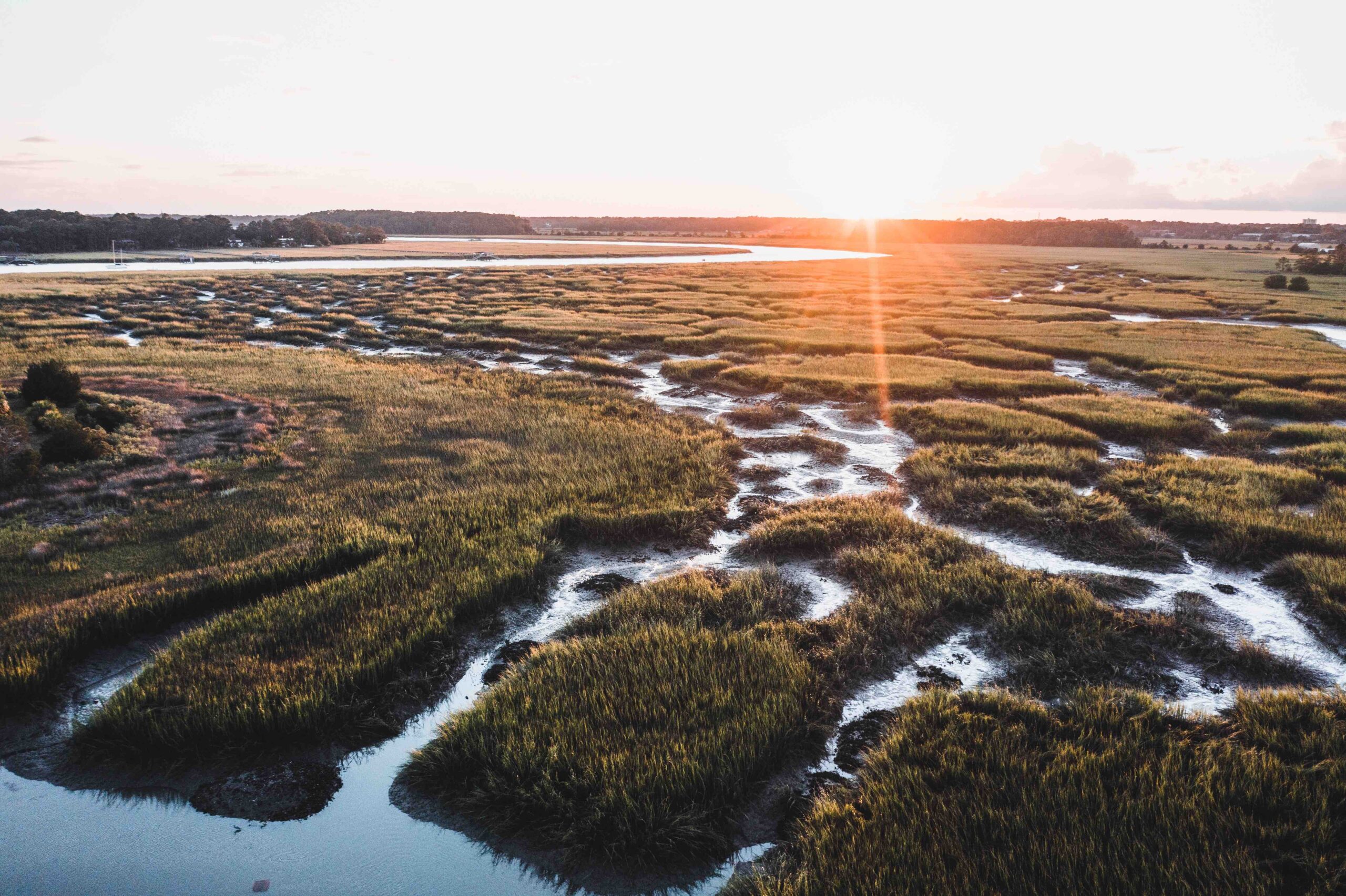In September of 2022, the U.S. Department of the Treasury’s Financial Crimes Enforcement Network, more commonly known as “FinCEN,” issued the Beneficial Ownership Information Reporting Rule[i] (“Reporting Rule”) under the bipartisan Corporate Transparency Act[ii], requiring disclosure of the identity of beneficial owners of small business entities. This new rule is intended to prevent the operation of shell companies by criminal actors such as terrorism financiers, drug traffickers, human traffickers, money launderers, and the like. The Treasury Department estimates that criminal actors generate $300 billion in illicit proceeds through shell companies every year.
It is important to note that agricultural business entities are not exempt from this Reporting Rule which requires disclosure beginning on January 1, 2024. If your farm, ranch, or agricultural operation is set up as a legal business entity (such as an LLC, LLP, business trust, corporation, etc.) created through your state corporation commission, secretary of state, or other similar office, your operation is likely subject to the new Reporting Rule. There are 23 specific entity types exempt from the Reporting Rule, largely composed of publicly traded entities, financial institutions, insurance companies, tax-exempt entities, and large operating companies, but there are no specific exemptions for agricultural entities.
There are several online tools available to help you determine if your operation is a reporting entity as defined by the rule. If you determine that your operation is subject to the Reporting Rule, you must identify and report the beneficial owners of your farming and ranching business. A beneficial owner is any individual who exercises substantial control over the entity or who owns or controls 25% or more ownership interest in the entity. Those exercising substantial control include those who are senior officers, those with authority to appoint or terminate senior officers, important decision-makers, and those who otherwise uniquely exercise substantial control over the entity through contracts, relationships, or other agreements or arrangements. The rule provides limited exceptions for minor children, agents, employees, inheritors and creditors. Entities must report the beneficial owners’ name(s), date(s) of birth, address(es), and government-issued identification(s) such as a U.S. passport or driver’s license.
Entities required to report created on or after January 1, 2024 have 30 days from the entity’s creation to complete the online reporting requirements. Entities created prior to January 1, 2024 will have until January 1, 2025 to complete their reporting. Once an entity is required to report, any changes in beneficial ownership must also be reported within 30 days of any such change. For instance, if a new member or partner joins the entity and/or otherwise becomes a beneficial owner as defined by the rule, that must also be reported within 30 days of the effective change.
How does this practically affect farmers and ranchers? The Reporting Rule does not affect an entity’s operations, rather, its purpose is to identify those with a vested interest in the entity. The most important thing to remember is to timely comply with the filing requirements and then continue with your normal operations. The rule aims to hinder financial criminals from benefiting from their ill-gotten gains and was not implemented as a means to exercise control or oversight over your legally-run business entity.
To learn more about whether your agricultural operation is subject to the Reporting Rule and who and how you must report, visit www.fincen.gov/boi-faqs and FinCEN’s Small Entity Compliance Guide.[iii]
[i] 31 CFR 1010.380
[ii] 31 USC 5336 §6403
[iii] (Tidgren, AALA Annual Agricultural Law Educational Symposium, 2023)
Friedel, Jennifer. “The New Small Business Reporting Rule and Your Farm.” Southern Ag Today 3(51.5). December 22, 2023. Permalink





